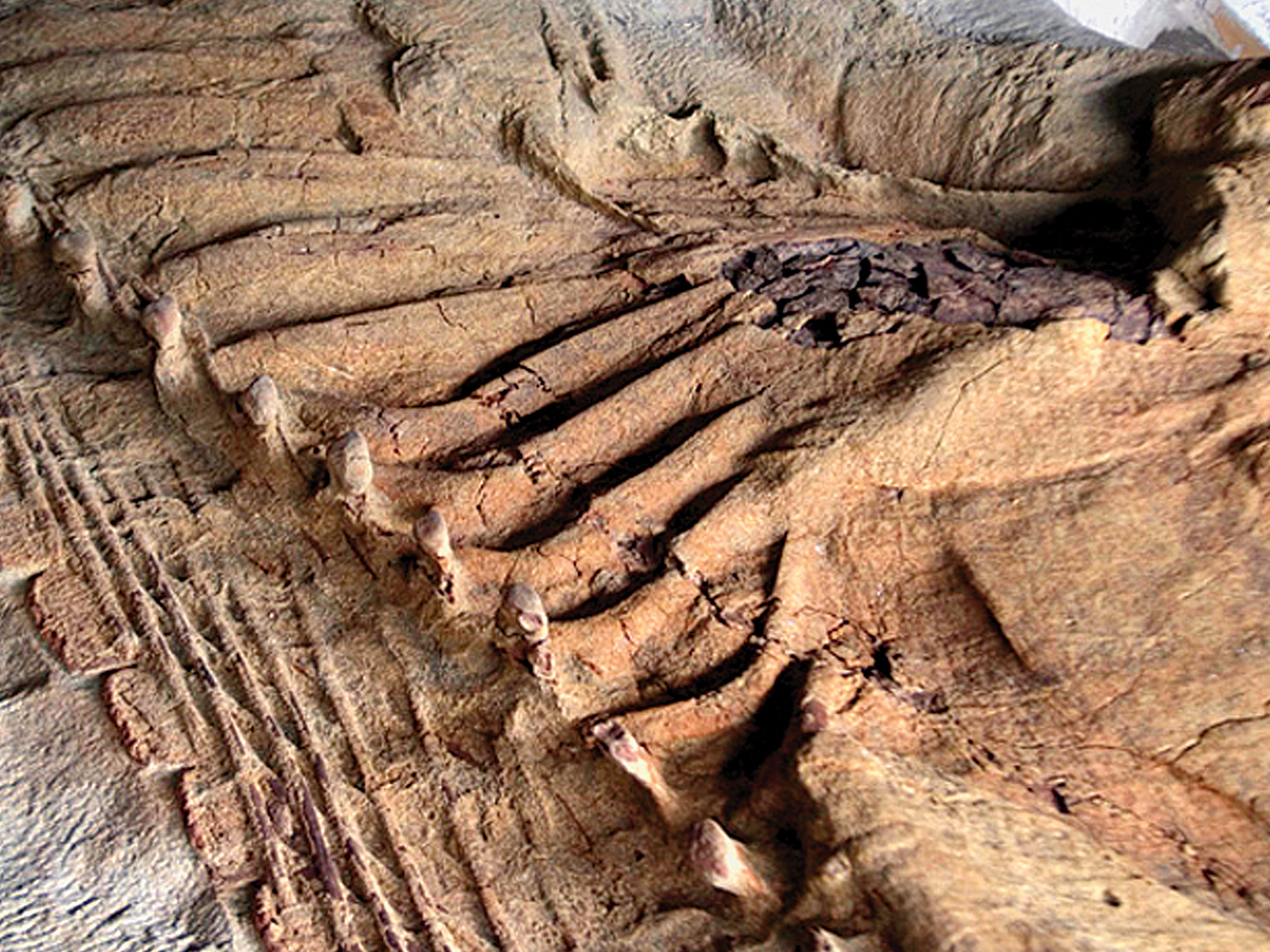
Plethora of Life Found On Sea Turtle Shells
An amazing abundance of life can be found in the strangest places—such as the backs of turtles. It was previously known that an array of life was present on the backs of loggerhead sea turtles, and new research shows that it's more abundant and diverse than scientists ever realized.1

Micro-Plastic Wastes, European Dippers, and the Genesis Mandate
European dippers are making the news lately, including science news in Wales.1-3
These riparian habitat birds are indicators4 of freshwater stream quality, as noted below. Scientists study them to learn how badly freshwater streams are polluted—such as by non-biodegradable (non-decaying, indigestible) plastic waste products.2,3

Oysters and Opportunities
Under ideal circumstances, we can do a lot of good. But when circumstances handicap or restrict our potential—in ways we cannot circumvent—we just do the best that we can.
That principle is true for humans as well as in the water-filtering services of the humble bivalves we call oysters—according to recent research involving the University of Maryland.1,2

The Rocket Bug: Lone Insect of the Open Ocean
Various water-striding insects use small body sizes, long legs, and fine hairs on their feet to skate on the surfaces of ponds and streams. But life on the open ocean presents tougher challenges than landlocked waterways. Waves, fishes, salt, and birds should spell disaster for such small striders.

Dumbo Octopus, God's Wonder in the Deepest Deep
About 3,000 years ago, the Bible taught that the “wonders in the deep” are the “works of the Lord.”1 Now that truth has been illustrated with even greater depth by the documented sighting of a super-deep-sea octopus—about 21,000 feet deep at the ocean’s bottom, to be specific.2,3









